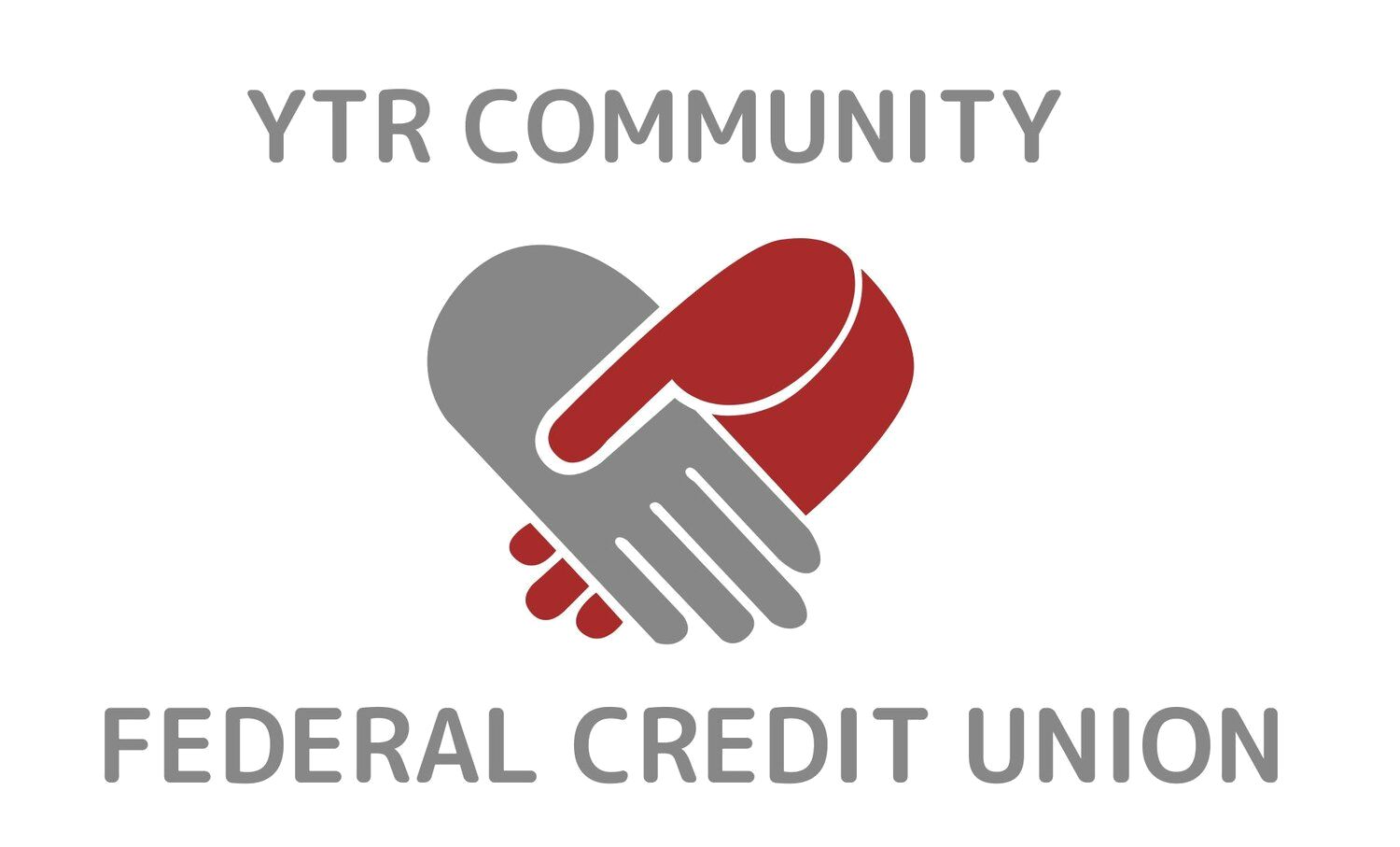Who We Are
You're Not A Customer... You're A Member!
Mission Statement
YTR Community Federal Credit Union exists to encourage thrift among our members, provide credit for prudent and productive purposes, and provide financial services which will better our members' lives and our community as well.
If you live, work, or worship in our area, you can join YTR Community Federal Credit Union!
Yorkville Plant Federal Credit Union was chartered in 1966 by a small group of employees at Wheeling Pittsburgh Steel Corporation's Yorkville Plant. The Yorkville Plant Federal Credit Union was granted a community charter on March 31, 1999, and the name was changed to Yorkville Community Federal Credit Union in 2000.
Currently, our field of membership is anyone that lives, works, or worships within the boundaries of the Buckeye Local School District.
Credit Union Advantages
Democratic control - each member may vote for directors
High dividends on savings
Low interest rates on loans
Fast, courteous, personal service
All member savings accounts are federally insured up to $250,000
Once you join, all of your relatives may join too!
You're someone special with us!
FAQs
What is a credit union?
A credit union is a cooperative, not-for-profit financial institution organized to promote thrift and provide credit to members. It is member-owned and controlled through a board of directors elected by the membership. The board serves on a volunteer basis and may hire a management team to run the credit union. The board also establishes and revises policy, sets dividend and loan rates, and directs certain operations. The result: members are provided with a safe, convenient place to save and borrow at reasonable rates at an institution that exists to benefit them, not to make a profit.
Who owns a credit union?
Most financial institutions are owned by stockholders, who own a part of the institution and intend on making money from their investment. A credit union doesn't operate in that manner. Rather, each credit union member owns one "share" of the organization. The user of credit union services is also an owner and is even entitled to vote on important issues, such as the election of member representatives to serve on the board of directors.
Who establishes credit union policies?
A board of directors elected from the membership by the members has the general direction and control of its affairs. It sets the policy under which the officers and committees operate. A credit committee is elected by the members to review the loan applications. A supervisory committee is appointed by the board of directors to audit internal affairs. Our supervisory committee audits our credit union's records annually. This is in addition to our federal examination.
Our goal is to provide full service to you, the member. We hope our association will be a long and pleasant one.
How did credit unions start?
The first credit union cooperatives started in Germany over a century ago. Today, credit unions are found everywhere in the world. The credit union movement started in this country in Manchester, New Hampshire. There, the St. Mary's Cooperative Credit Association, a church-affiliated credit union, opened its doors in 1909. Today, one in every three Americans is a credit union member.
What is the purpose of a credit union?
The primary purpose in furthering their goal of service is to encourage members to save money. Another purpose is to offer loans to members. In fact, credit unions have traditionally made loans to people of ordinary means. Credit unions can charge lower rates for loans (as well as pay higher dividends on savings) because they are nonprofit cooperatives. Rather than paying profits to stockholders, credit unions return earnings to members in the form of dividends or improved services.
Are savings deposits insured?
Yes. All savings accounts are insured up to $250,000 by the NCUA, the National Credit Union Administration, an agency of the federal government.
Who can join a credit union?
A credit union exists to serve a specific group of people, such as a group of employees or the members of a professional or religious group. This is called a "field of membership." The field of membership may include where they live, where they work, or their membership in a social or economic group.

